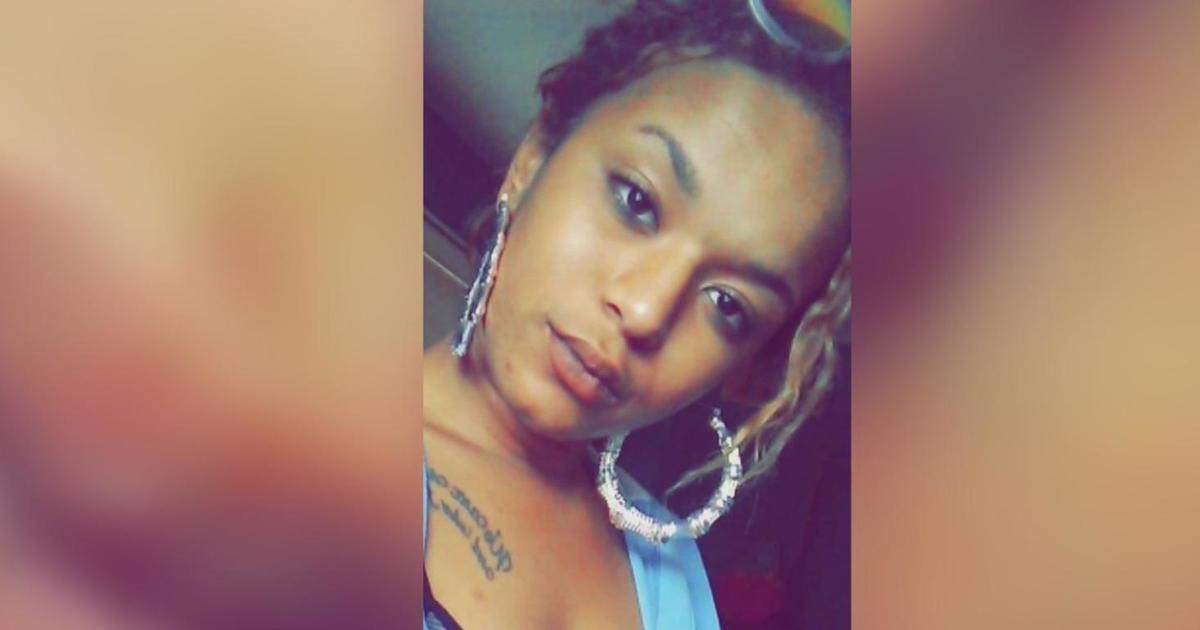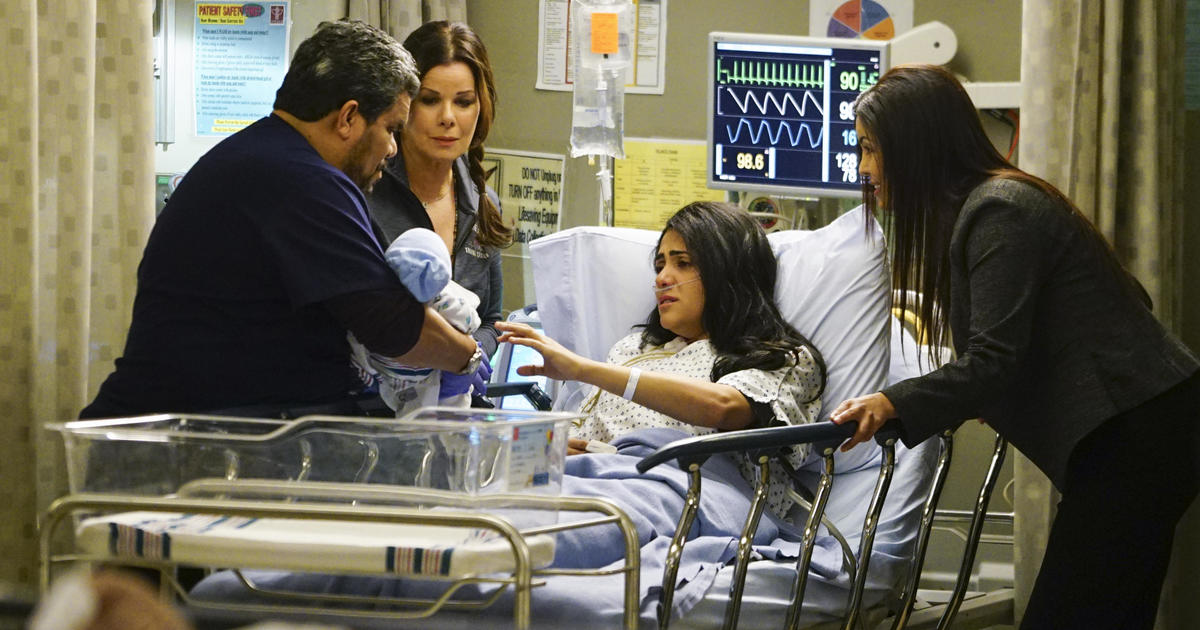Phone Etiquette: Finding The Balance Between Staying In The Moment And Checking Our Phones
PITTSBURGH (KDKA) - Have you heard from your electronic leash today? Has it buzzed, vibrated, rang, or alerted your attention away from something, or someone else?
How many of us think twice about what we are doing with our cell phones and how it impacts others?
"They've done studies," says Daniel Post Senning a fifth generation of the Post family and now part of the Emily Post Institute on Etiquette, "They asked people, do people behave rudely on their cell phones and nine out of 10 people will tell you that they do. That same study, asked a follow-up question and said 'Do you behave rudely on your cell phone?' and only 8% of the population would cop to it."
For instance, Senning says if you are on the phone in public whether you are on headphones or not you are impacting those around you.
"It's much easier to ignore two people talking than to ignore hearing one half of a conversation," he says.
While you may think the call is critically important, Senning points out most people around you don't want to hear the intimate details of your life, especially when the language turns a bit blue.
But they are a captive audience.
"Those are the people that don't have a choice or an option to get away from you," he explains.
Senning says to be phone aware.
"If you're entering a space that other people have already occupied, essentially you're the visitor," he says. "You are the guest and as you enter you are imposing what you're doing on those people and it is rude."
There are some places where you just shouldn't be talking on your phone, Senning explains.
"Where there's a high expectation of cell phone courtesy or civility, small spaces, cars, elevators, obviously you don't want your phone out in a restroom," he says. "Other places where people can't get away from you at a dinner table in a meeting."
You can add to that list any waiting room.
If the call is urgent he says excuse yourself to a private space to make or receive the call.
One other space where Senning says you are better to text than talk is that moment when your airplane lands and the flight crew announces you may now use your phone.
As for the interruption of the phone during personal conversations, Senning says there is no gray area.
"It's difficult to deprogram that habitual response to the phone but there are real rewards to be reaped if we're willing to do it," he says.
He's not just talking about answering the call or reading the text.
"Even if it feels like a little thing just to take your eyes down or to glance away," he says. "What you're really doing is taking your attention elsewhere, and starting a judgment process."
That judgment process may be subtle to you but it's saying to the person you are with "I am deciding if what is going on with my phone is more important than you and this conversation."
Senning says this is really basic stuff.
"Ultimately a fundamental tenet of good etiquette is that you give your attention to the people that you're with, that they are your priority," he says.
WATCH: To Check Your Phone Or Not Check Your Phone? That Is The Question.
All that said, Senning says you can look at your phone but you need to be honest with the person you are with.
"Just giving the person that you're talking with a little bit of a heads up that this is a quick check that you're just going to look but that you really want to excuse yourself and you also want to return and give them your full attention that you acknowledge the little rudeness," he says.
Senning says if you are expecting an important call from a spouse, child, or boss..."Most people are going to understand that."
However, you must acknowledge them first.
There are times he says the phone must be ignored completely.
That is when the gravity of the in-person conversation is the most important thing at that moment.
"And you're gonna say you know I'm going to keep my attention here I'm going to focus on my priority, which is this person that I'm with, and I'm going to answer that later," he explains.
As cliché as it sounds, the great-great-grandson of Emily Post says, "We talk about magic words, please, thank you, You're welcome. Well, I'm sorry, excuse me and pardon me are also magic words. There are all kinds of little moments in life where a little acknowledgment will really help us navigate those in a way that shows social intelligence courtesy and care for other people."



